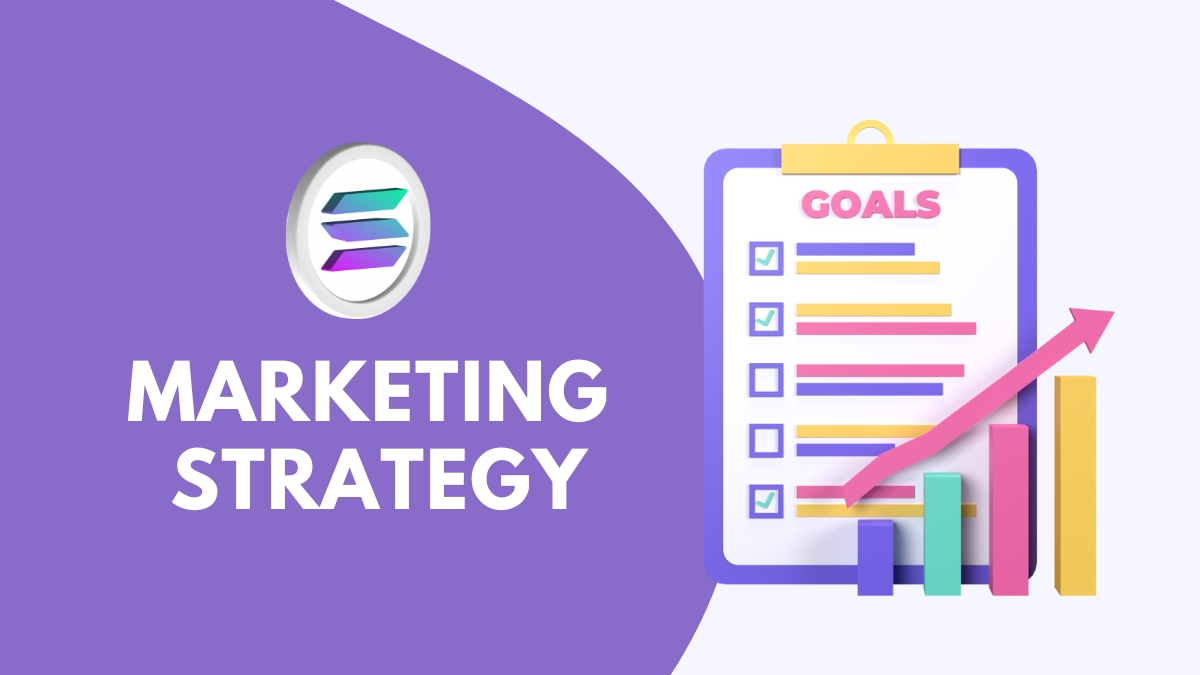
Running a small business can be a daunting task, with many variables to juggle. One of the most important elements is a marketing strategy. Having a great marketing strategy can help your business stand out from competitors and attract customers. To help you get started, here are five key tips to create an effective small business marketing strategy. These are simple yet powerful strategies that you can use to build a successful presence in the marketplace. By following these guidelines, you will have an effective plan for success.
Who is Your Target Customer?
A great small business marketing strategy is key to success, but who is your target customer? Nailing down a narrow definition of your target customer can help you craft the most effective marketing campaigns.
Start by considering who will benefit the most from your products or services. Once you have identified those customers, dive deeper into their characteristics: age, gender, marital status, income level, and location are all important factors that define a target demographic. You should also consider what motivates these potential customers – do they value convenience over price? Are they looking for unique experiences? Knowing what drives these people makes it easier to tailor promotional materials and offers to them.
Finally, think about how you can best reach this specific customer segment. Do they respond better to digital or traditional advertising methods? What types of content resonate with them?
What is Your Category?
No matter what type of business you operate, marketing is key to its success. It can be difficult to create a great small business marketing strategy that works for your particular industry or niche. Knowing in which category your business exists will help you determine the best course of action when it comes to creating an effective and profitable marketing plan.
When figuring out the category in which your business falls, it is important to consider how you want customers to perceive your company. Are you offering a service or product? Do you have a physical location or are you operating exclusively online? Understanding these details will easily allow you to define the specific needs of your target audience and create a solid advertising plan tailored just for them. Additionally, businesses must take advantage of modern technology, such as social media and digital ads, to reach potential customers more efficiently.
What is Your Unique Benefit?
Having a great small business marketing strategy is key to success. To stand out from competitors, it’s important to recognize and highlight the unique benefit your business offers. Doing so will help you capture the attention of potential customers and ensure that your message resonates with them.
Your unique benefit could be anything that sets you apart from competitors; perhaps you offer better customer service or quicker turnaround times, or maybe you have a more creative product offering than others in the industry. Identifying what makes your small business special is essential for creating an effective marketing campaign that people will remember and respond to positively.
Once identified, it’s important to showcase this unique benefit in all of your advertising messages – whether through traditional media such as radio, television, and print ads or digital channels like email campaigns, social media posts, and website content.
Who is Your Competition?
For small business owners, understanding who their real competition is and how to market effectively against them can be the key to a great small business marketing strategy. Knowing who you’re up against in the marketplace and their unique strengths can help you maximize your efforts and focus on what makes your product or service stand out. Before creating an effective marketing strategy for a small business, it’s important to identify exactly who your competitors are. Think beyond direct industry competitors to include adjacent industries if they provide similar services or products that could draw customers away from yours. It’s also helpful to differentiate between direct competitors and indirect competition that may target the same customer base but offer something completely different than what your company sells. By analyzing both types of rivals, you can better understand what sets you apart from them to craft an effective marketing plan that resonates with potential customers.
Why Are You Different and Better for Your Target Customer?
Having a key to a great small business marketing strategy is essential for staying ahead of your competitors. Knowing how you are different from them is the first step in creating an effective plan.
When looking at how you differentiate yourself from others, start by reviewing your product or service offerings. Make sure they provide something that your competitors don’t have, such as exclusive features, better quality, or lower prices. Additionally, look at any unique services that you offer and make sure to highlight them in all of your advertising materials and on social media platforms.
Another important aspect when determining how you differ from other businesses is to examine the culture of your company. What values does it stand for? Do customers appreciate the level of customer service it provides?




